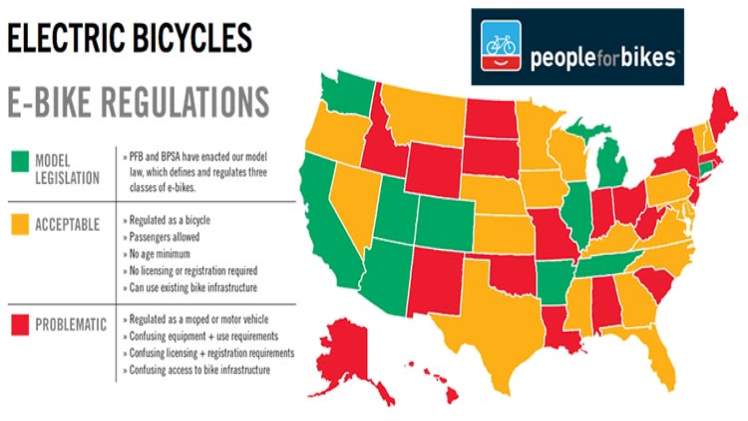
Before you purchase an e-bike, it is important to know the legal requirements. The laws regarding this type of vehicle vary from state to state. They generally govern how they should be used, as well as licensing requirements. Some states use a three-class system to distinguish different models and assisted speeds. This classification system makes it easier for you to find the legal guidelines you need to follow.
The National Park Service has heard the concerns of the public and is working with other land-management agencies in the Department of Interior to implement uniform signage guidelines for the use of e-bikes in national parks. While the intent of the new regulations is to prevent misunderstanding among the public, the NPS should consider adopting non-conflicting state laws that allow e-bike use in certain areas. This may mean amending paragraph (i)(6), which cites regulations in 36 CFR chapter I.
The NPS also recognizes the use of throttle-only power in limited circumstances. This may be appropriate for park visitors who are attempting to navigate steep inclines or move through intersections. However, e-bikes that are powered solely by pedaling should not be used for long trips. In addition, it is important not to overdo the motor assistance on the first ride.
The National Park Service has agreed that it must protect park resources and avoid conflicts among users. While it does not mandate e-bike use in specific park areas, it gives superintendents discretion to allow their use. However, they must take the cost of e-bikes into account in their decision-making. Therefore, e-bikes are only permitted on trails if the National Park Service gives permission.
The e-bike is an attractive option for people who do not want to pay for the cost of a car or gas. Using an electric bicycle is an efficient way to get around town, while also reducing carbon emissions and lowering your overall vehicle bill. It is also cheaper than a car, and it requires less maintenance.
The NPS has responded to comments regarding e-bike regulations in national parks. It clarified its final rule by defining the electric bicycle in a manner that allows it to be classified into three classes – Class 1, Class 2, and Class 3. This new classification allows the superintendent to make more informed decisions about where e-bikes are allowed.
The NPS response also emphasized that e-bikes do not meet the definition of motor vehicles. Therefore, they are exempt from the 25% tariff on products imported from China. This means that the NPS response is a welcome one for the E-Bike industry. It will make it easier for users to purchase and use an E-Bike.
The use of e-bikes on national parks requires thorough planning. These parks have diverse terrains and resources. While the use of e-bikes may make biking easier in urban areas, it might also compromise the integrity of wilderness-like areas.

